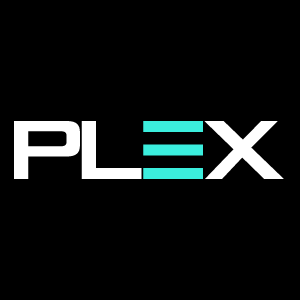Modern manufacturing operations are constantly challenged to be flexible, yet efficient. Compressed product life cycles, complex global supply chains, and fierce competition exert extreme pressures on production processes. Without tight integration between planning and scheduling, the business may struggle to meet its strategic goals.
Symptoms of a dysfunctional planning and scheduling system include accumulation of unnecessary inventory, insufficient inventory (capacity) to meet product demand, overtime and layoff costs, low employee morale, unhappy customers, missed sales, and an overall feeling of being out of control in daily operations.
A holistic approach to planning and scheduling, within a disciplined and purposeful system, is key to closing the gap between planning and scheduling activities. A culture of collaboration that allows information to run smoothly through the enterprise working in concert with robust software system support, is a key enabler.
A best practice has emerged that facilitates a smooth transition from planning to scheduling. The Manufacturing Planning and Control System (MPC) works to integrate long and short-term planning activities with the execution of the plan, ensuring that the company’s strategic objectives are operationalized.
The MPC system is typically divided into a hierarchical structure that includes five levels:
The Strategic Business Plan
The responsibility of Senior Management, this is where the vision for the company’s future is articulated, the value system to be embraced by the company is established, long term plans are devised, and the arena within which the company will compete is defined (“the Mission”). The planning horizon typically looks forward three to five years into the future. The strategic goals of the business are subsequently cascaded to functional levels of management.
The Sales and Operation Plan
At this level, sales, inventory, and financial plans for product categories are developed collaboratively. These plans support the Strategic Business Plan, and account for capacity limitations. Conflicts that naturally emerge are recognized and resolved. The output of the S&OP process is an agreed-upon plan that can be used in practical terms by the business for direction over a time horizon of one year to eighteen months.
Master Planning
The Sales and Operations Plan is further disaggregated and a Master Production Schedule (MPS) is created in support of the S&OP. This is an expression of the weekly requirements for end-items, and projects inventory levels, over a period of three months to one year. This production schedule can be trusted by factory operatives, using time fences to stabilize the plan.
Materials Requirements Planning
At this stage, requirements for finished goods or assemblies as presented in the MPS are further disaggregated into requirements for all components and raw materials needed to achieve the Master Schedule. Like the MPS, output from MRP is a time-phased plan that accounts for lead times, inventory on hand, and the strategic make-or-buy decision.
Purchasing or Production Activity Control
This final level in the planning hierarchy takes instructions from MRP and either places orders with suppliers, or launches production orders to the factory floor to make required components. The business purchases or makes only what is needed, when it is needed.
Adopting a disciplined, holistic, and systematic approach to planning and scheduling, enabled by high-quality software, helps address the goal of efficient yet agile production that can manage change effectively.
Related Articles
